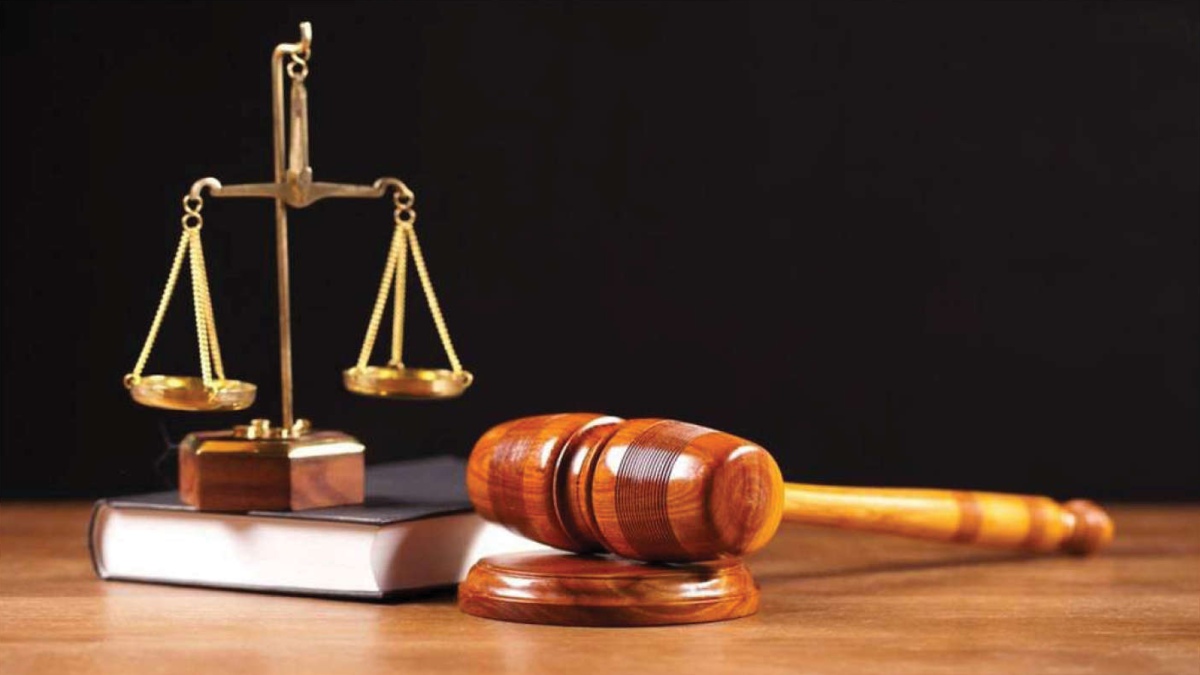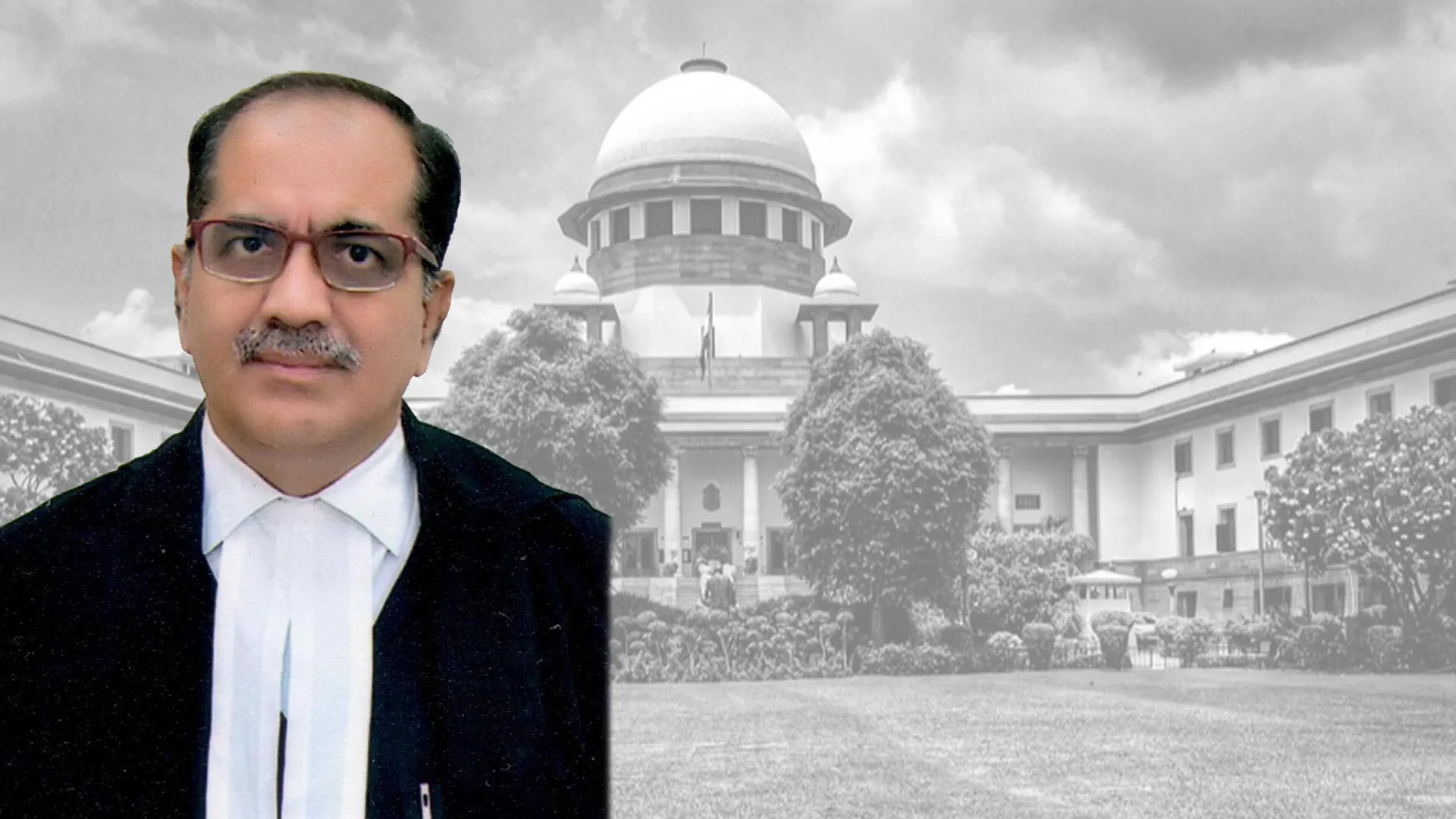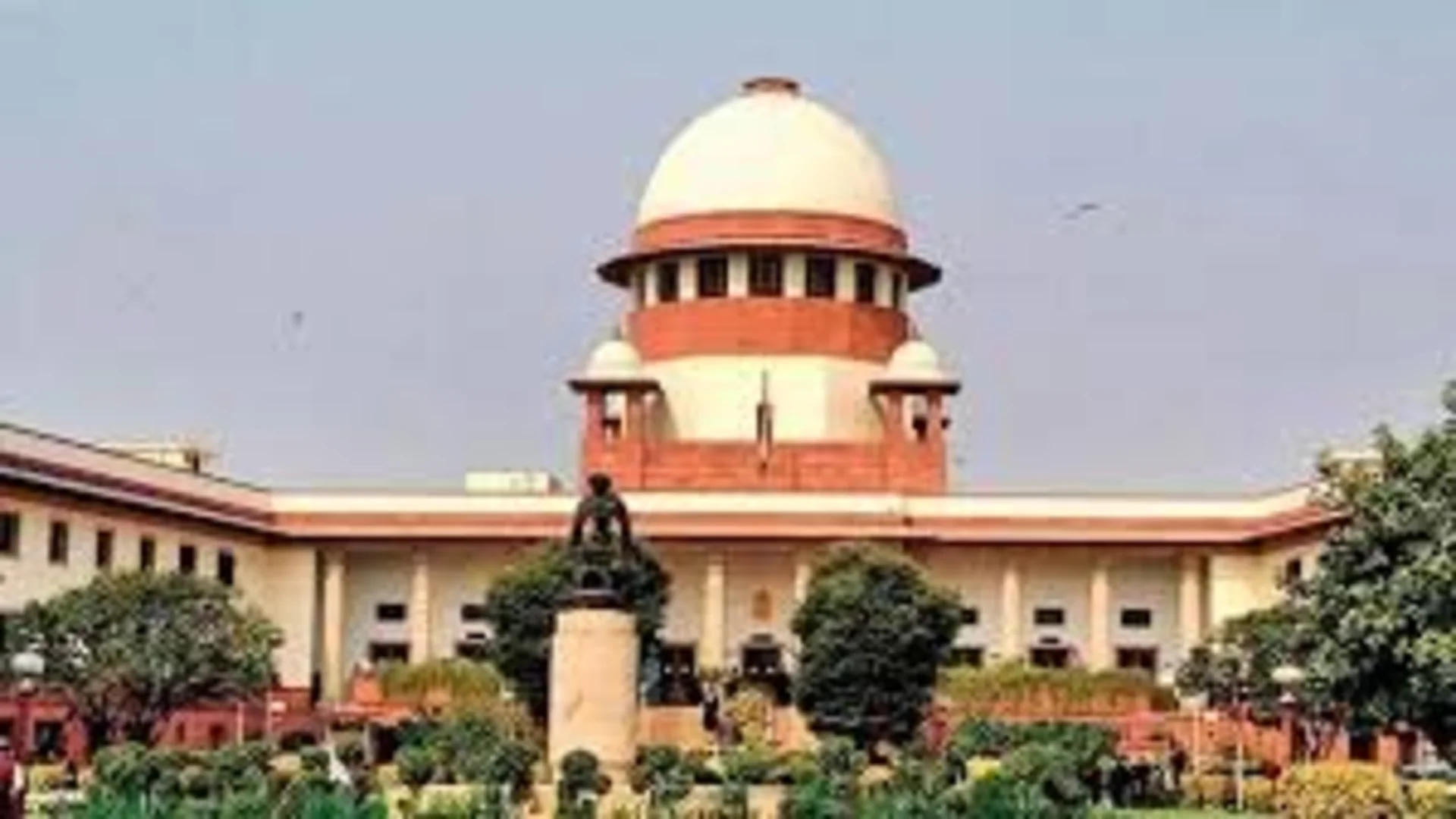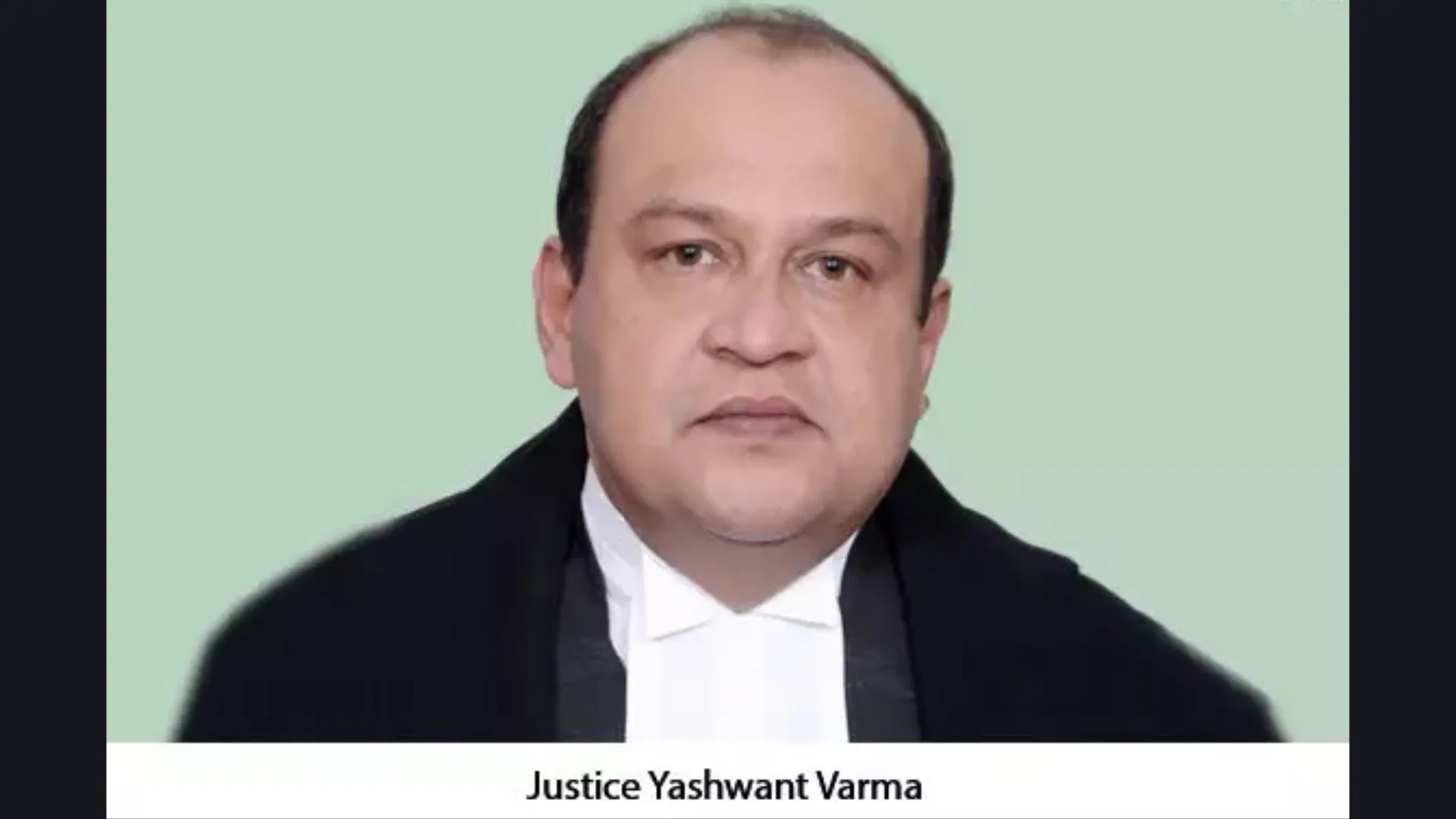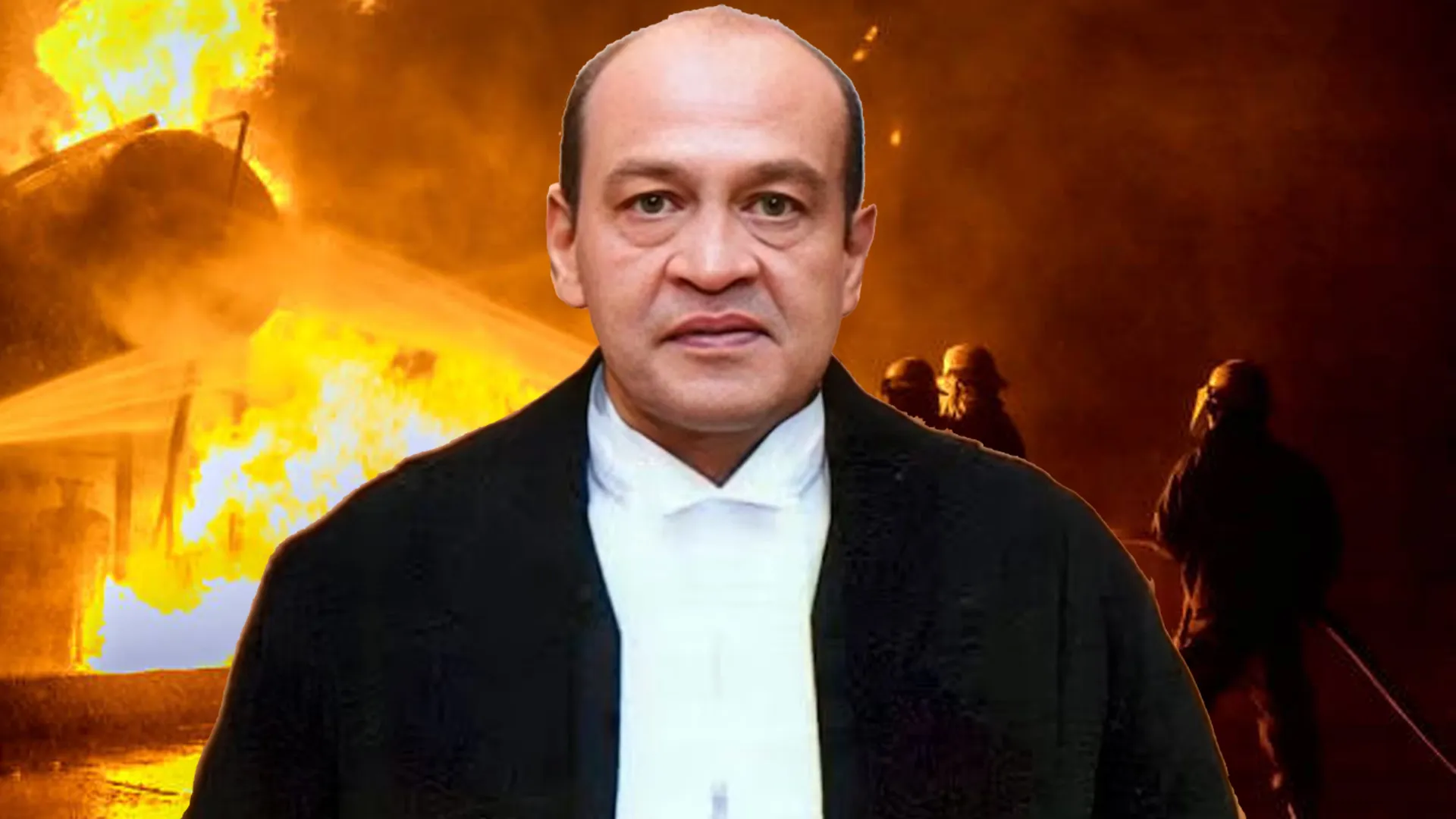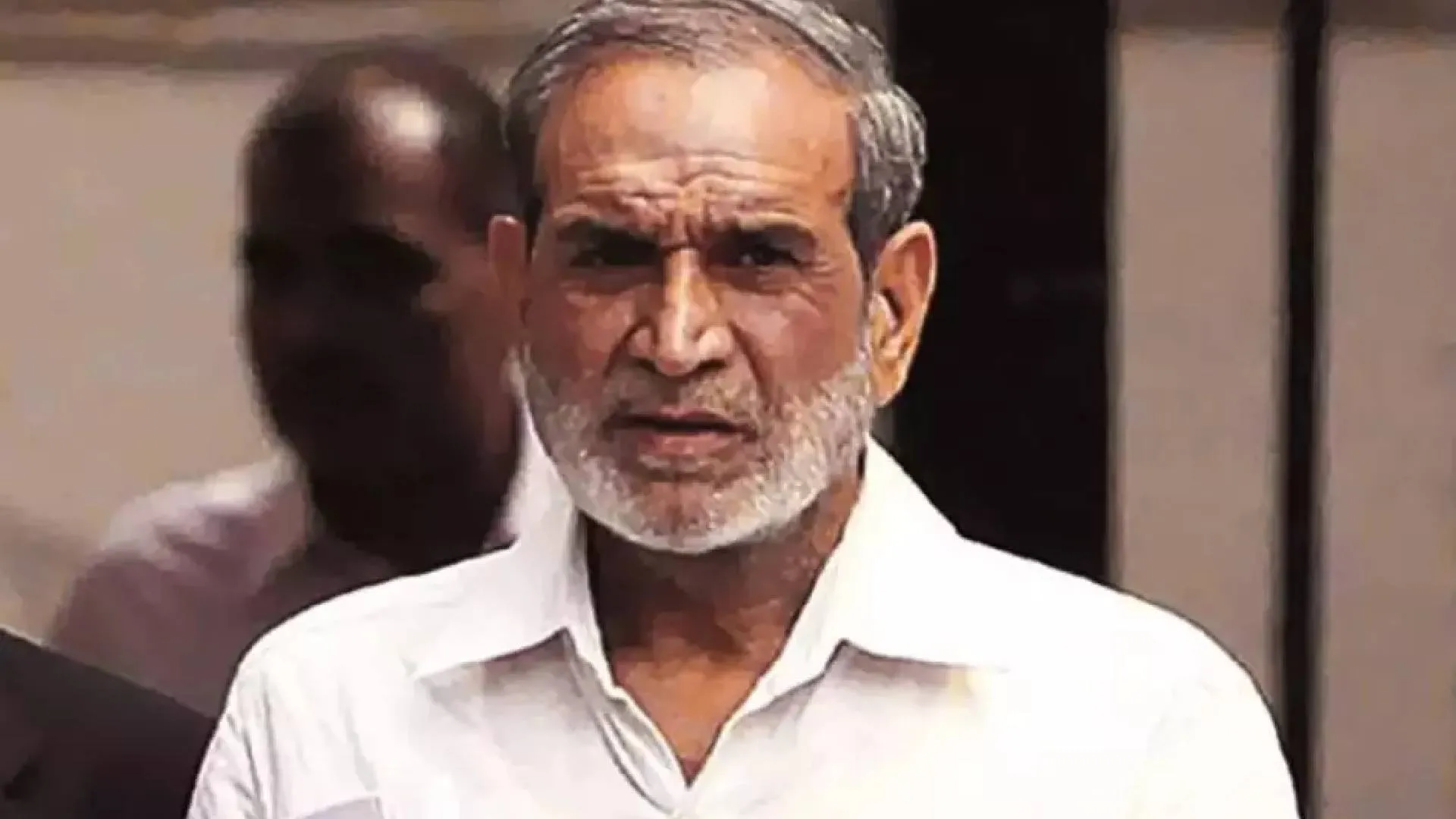Blessed are the advocates ! They have voluntarily chosen to be ‘the voice of voiceless’. They are shouldered with the sacred duty of assuaging societal rifts between persons and persons, persons and institutions, persons and state, between two or more states, and two or more countries. They are the problem solvers qua arbitrators, mediators, conciliators, attorneys, officers of courts (bar members), amicus curiae and later as a bench. As a prosecutor, they help in detection of criminals and secure their conviction.
They strive not only to seek truth, but also to find and live it. They are the catalysts who pave the way for regulation of human conduct and societal norms. They help the society to strike a balance between pleasure and pain, albeit slowly and steadily. The world would have turned into a messy conflict zone in their absence.
Justice V.R.Krishna Iyer once aptly remarked that courts are spiritual institutions because the urge to do justice is a spiritual urge. This urge is however met only through advocates who assist courts in securing justice even for the last man in the last row. Advocates help the court to bring truth into action. Justice is not only about securing punishment for the offenders, but also about protecting the innocent. Advocates thus help in ensuring that no innocent is punished in the court of law by being their representative voice. Without advocates, truth and justice would have become a casualty and courts would have been infructuous machinery. If bench is a chariot of justice, advocates are its wheels of justice.
In an adversarial justice system, the role of advocates become inevitable as representation of parties’ case would have been impossible without them. Furthermore, judges wouldn’t have been able to determine truth and facts in order to pass judgment without the assistance of advocates.
The embodiment of constitution in letter and spirit is a product of relentless efforts of advocates like Nani Palkhiwala who argued the basic structure doctrine in Keshavanand Bharti v State of Kerela, (1973) 4 SCC 225 case for almost 68 days. Justice H.R. Khanna had eulogized his eloquence by remarking- “The height of eloquence to which Palkhiwala reached on that day had seldom been challenged and never been surpassed in the history of Supreme Court.” Palkhiwala also shielded the spirit of constitution through his legal acumen and erudition in the landmark judgments of Golak Nath v State of Punjab(1967) 2 SCR 762 , Minerva Mills Ltd v UOI, AIR (1980) 3 SCC 625 and others. A galaxy of legal doyens like Soli Sorabjee, Fali Nariman, CK Daphtary, M.C.Chagla, Ashok Desai, Ram Jethmalani shaped the law for public good through their persuasive arguments . Advocates along with judges have made constitution a living document.
The success of Indian freedom movement owes to the lofty contribution of advocates. M.K.Gandhi, the man who fought India’s independence without ever fighting was an advocate. The man who led to the creation of Pakistan as an independent state was an advocate. Dadabhai Nowrojee, Surendranath Banerjee, Motilal Nehru, Bal Gangadhar Tilak, Lala Lajpat Rai, C Rajgopalachari, C.R.Das, Rajendra Prasad, Sardar Patel, Jawaharlal Nehru, Bhulabhai Desai and many others who scripted our freedom saga were all advocates. Dr. B.R.Ambedkar, the father of Indian Constitution who drafted it by burning the midnight oil for two years, eleven months and seventeen days was also an advocate.
Advocates are the inexhaustible reservoirs who treasure and unfold the facts as and when needed. Even Gandhi had acknowledged this while arguing Dada Abdulla’s case. He had emphatically remarked- “Facts mean truth and once we adhere to truth, the law comes to our aid naturally.” He further observed that- “ Lawyers should master facts first as facts constituted three-fourths of the law and if we took care of facts of a case, the law would take care of itself”.
Had it not been for efforts of advocates, judges and courts, our life, environment, liberty, property, freedom, rights, ethics, integrity, equality, equity, and moral compass of justice would have been blown into smithereens.
Have you ever been to office of an advocate ? Their office is akin to a public library loaded with piles of books and files in shelves. Advocates are thus blessed to be in a profession wherein their excellence is embedded on the foundation of daily reading for hours together and updation of their knowledge. Statues, legislations, notifications, bills, acts, commentaries, gazettes, orders, case files, case laws, evidences, judgments, reports, constitutions of different countries, and the reading list is endless. At 68, Ram Jethmalani used to prepare for his case argumentation for almost 8 hours a day.
Advocates are also blessed to be in a profession where their work never makes their life mundane and monotonous. It’s because each case is like a new real life story (ordeal) for them with new facts and circumstances, new clients, new opposition counsels, at times even new judges to argue before. They are into an exceptionally dynamic profession that thrives on sustained wisdom, vigor, erudition, et cetera.
In the book ‘The Seven Lamps of Advocacy’, Judge Edward Parry has highlighted the seven essential qualities that an advocate must possess to succeed in profession namely- honesty, courage, industry, wit, eloquence, judgment, and fellowship.
When it comes to world stage, advocates such as Abraham Lincoln earned the sobriquet of ‘Honest Abe’ through his uncompromising integrity and honesty in the legal profession. Such was his undaunted influence on his people in Kentucky region that he was addressed as a ‘parallel court’ by them. Disputing parties used to throng at his place to get their disputes resolved instead of getting it resolved through courts. No wonders, his honesty paid him rich dividend and people elected him as 16th President of USA.
The conduct and practice of advocates in India is regulated by the Advocates Act,1961. Advocates owe duty towards the court, clients, opponents and colleagues. They are into a profession where even a newly registered young advocate has a right to stand in court of law and argue against an established bigwig in the field.
In the ebb and flow of truth and lies, advocates act as litmus papers of justice. They help us to reflect upon substance when shadows are just about to cast aspersions. They are agents of distributive justice and change-makers of society. After doctors, it’s only the advocates who are angels of God on earth who can save innocent accused from gallows of death by defending them in grave offences.
In one of his speeches, Justice Dr.D.Y.Chandrachud had aptly said that- “It’s incumbent upon lawyers to enlarge the access to justice, to ensure that quality of justice served to the common man is improved and strengthened”. They are on a sublime mission to cleanse the societal sins by upholding truth and justice rigorously. They help us know ‘truth as a truth’ and ‘untruth as untruth’.
A lawyer doesn’t ask for the truth,
It’s seldom given to him.
He seeks, finds and lives the truth.
When clouds of despair gather,
He’s first to find the winning streak.
A doctor heals the body and priest heals the souls,
A lawyer heals conscience of society to the core.
He enters the deep dirty waters,
Only to find the pearl oysters.
His only prism is truth ,
And he corrects wrongs multi-faceted to the roots.
He knows both sides of the story,
And he can uphold truth and its glory .
His relationship with justice and wisdom is age old,
And his advice and time is an invaluable gold.
He dives deep into the ocean of words,
And he is neither ignorant of word.
His words in motion can stop the ocean,
And his arsenal of information can lead to evil’s devastation.
He’s ambassador of truth in action,
And he spares no wrong-doer.
Advocates are the inexhaustible reservoirs who treasure and unfold the facts as and when needed. Even Gandhi had acknowledged this while arguing Dada Abdulla’s case. He had emphatically remarked, “Facts mean truth and once we adhere to truth, the law comes to our aid naturally.”

